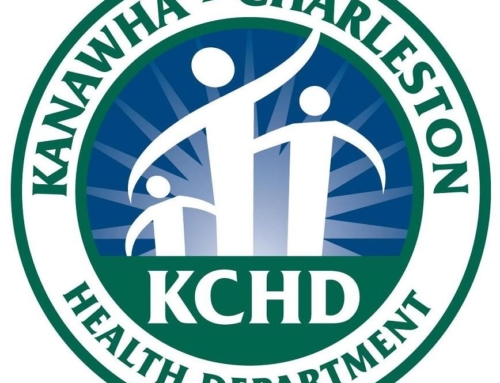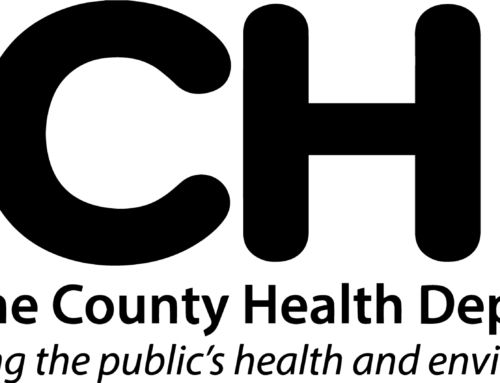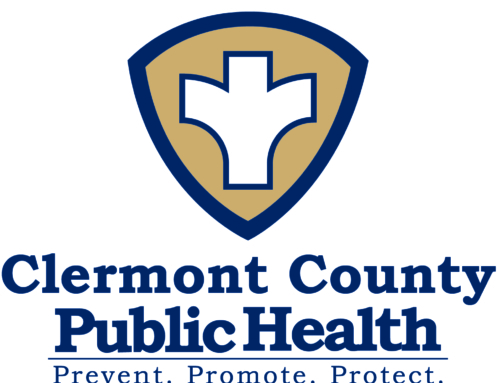Project Description

“Deciding to pursue accreditation was not easy, but ultimately it was one of our best decisions.”
Accreditation Busts Siloes at Maryland’s Harford County Health Department
by Russell Moy, MD, MPH
Does accreditation work? You should have asked us that in 2012 when we first thought about applying to the Public Health Accreditation Board. Deciding to pursue accreditation was not easy, but ultimately it was one of our best decisions. We thought hard about the pros and cons of being an early adopter. Benefits of accreditation were self-evident: improving performance and accountability, engaging community partners as advocates, achieving national recognition. But the challenges of seeking accreditation were daunting: time required of our already thinly-stretched staff, impact of accreditation fees on a strained budget, possibility of unanticipated consequences from a new process.
During one discussion, I remember someone saying, “Accreditation is a good idea, but we have so many urgent things that we’re dealing with right now.” People in the room nodded knowingly until someone said, “Most of us spend too much time on what is urgent and not enough time on what is important.” We turned to see who had offered this particular motivational quote (likely printed on one of our wall posters). The responder looked up and sheepishly said, “[Stephen] Covey – The Seven Habits of Highly Effective People.”
Of course that’s true, we all said in unison. But it’s the everyday crises consuming us right now: figuring out how to stay within budget (strategic plan), looking for epidemiologic expertise to help with an outbreak investigation (workforce development plan), keeping specialty care doors open for the underserved (access to care plan), brainstorming to attack the community’s burgeoning drug problems (community health improvement plan), and so much more (quality improvement plan). Who has time for anything but the urgent?
Nevertheless, we forged ahead with accreditation. We dusted off and re-energized the old community health assessment. Our community health improvement plan got a facelift. The strategic plan was updated. We re-engineered our quality improvement plan. And so on with a surprisingly large number of important documents.
Then something interesting happened. Working painstakingly through each PHAB requirement, staff noticed that the day-to-day work they were doing in a focused, almost siloed, manner began to gel. They realized that the community health improvement plan was not so separate from the strategic plan, not so separate from the quality improvement plan, and not so separate from the workforce development plan. We noticed you could not modify one work plan without impacting another. In fact, we realized that you needed to have each work plan in place for any of the work plans to actually work. In a compelling yet understated way, we appreciated how the strength and cohesiveness of our important foundational documents ultimately determined how many and how difficult our urgent everyday problems would be. Lesson learned from PHAB: Spend most of your time on what’s important, not urgent.
Yes, it was Dr. Covey’s quote about urgent and important that we remembered, but the original inspiration may have come from President Dwight Eisenhower in his 1954 speech (quoting Dr. Roscoe Miller, president of Northwestern University) who said: “I have two kinds of problems: the urgent and the important. The urgent are not important, and the important are never urgent.” Does accreditation work? Nothing answers that question more succinctly than a 60-year old priority-setting quote attributed to a university president, a former U.S. president, and a best-selling motivational author.
Harford County Health Department in Bel Air, Maryland, was awarded national accreditation through the Public Health Accreditation Board on March 4, 2015.
About the author: Russell Moy, MD, MPH, is Deputy Health Officer at Harford County Health Department in Bel Air, Maryland. Contact him at 410-877-1012 or via email at [email protected].




